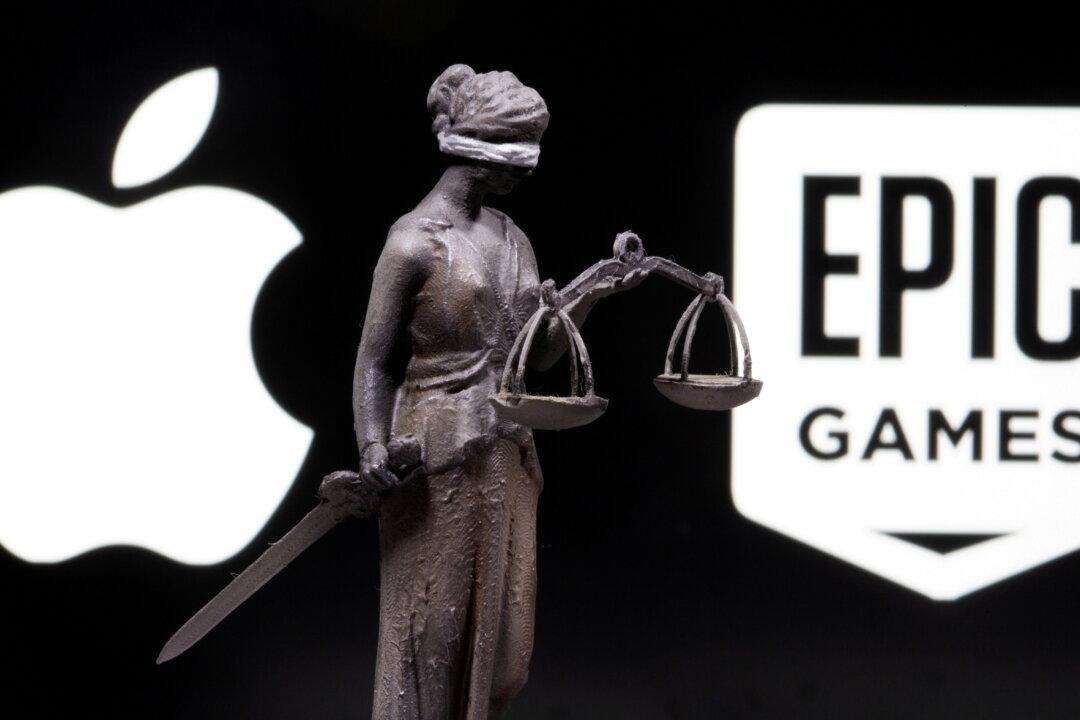The Supreme Court on Jan. 16, declined to review separate appeals in the long-running antitrust case between Apple and Epic Games, the developer of the popular video game Fortnite, leaving in place a lower court ruling requiring Apple to make changes to its iOS App Store rules and allow developers to steer customers to alternative payment methods.
The Supreme Court did not state why it declined to review the appeals.




